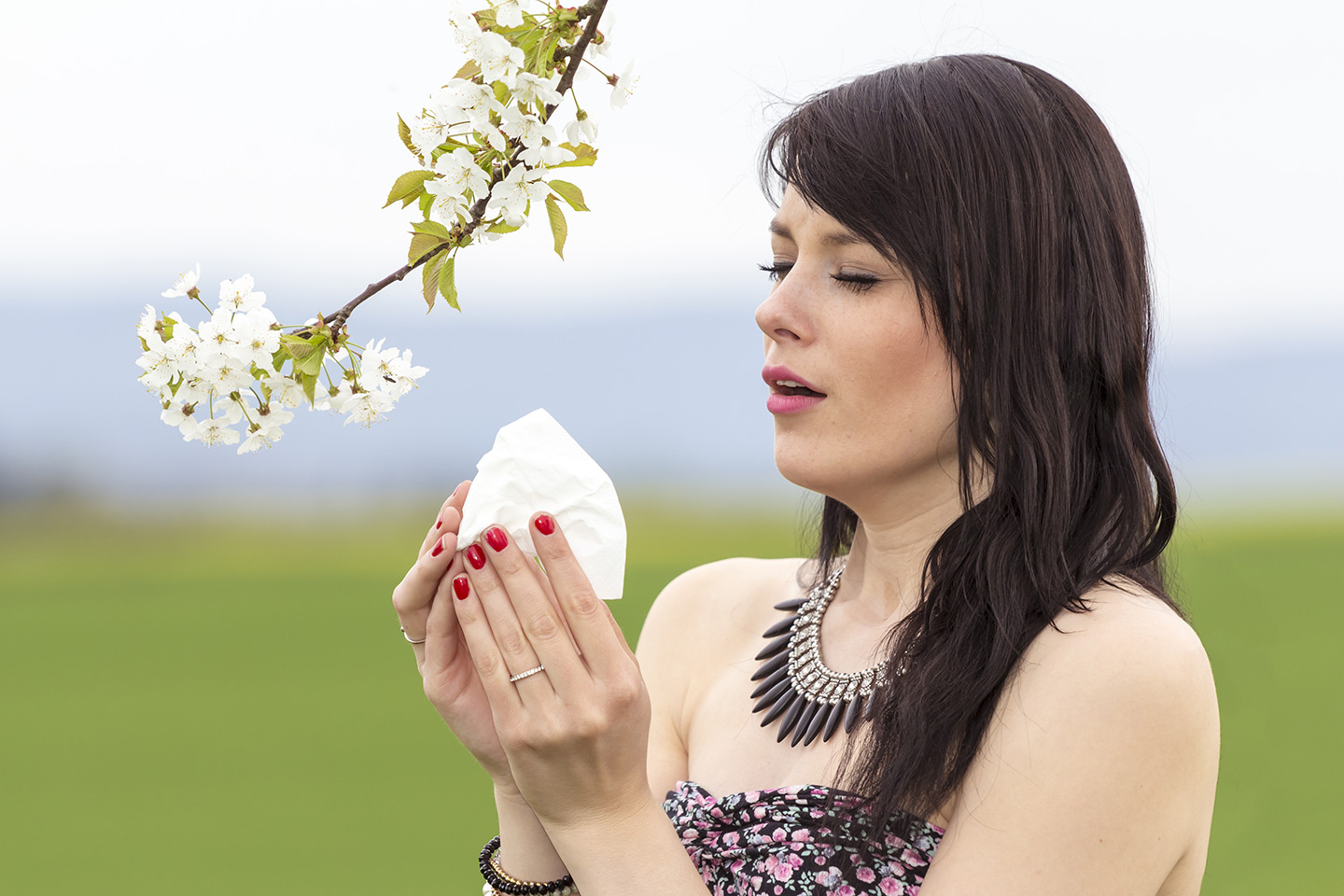While many people welcome the start of Spring, if you’re one of the 1 in 5 Australians who suffer from hayfever, this may be your least favourite time of the year.
Hayfever is the name commonly used to describe the condition allergic rhinitis, an allergy affecting the nose and/or eyes. It is caused by contact with common allergens in the environment including pollens, dust mite, moulds and animal hair. Hayfever can occur at any time of year but is more common in spring when airborne pollens from grasses are at their peak.
Symptoms include a runny or congested nose, sneezing, itchy watery eyes, and an itchy nose or throat. In more severe cases it can cause headaches, fatigue, poor concentration and difficulties sleeping. In those with asthma it can also make asthma more difficult to control.
What can you do if you suffer from hayfever?
- If you’re allergic to pollens: try to stay indoors as much as possible during pollen seasons, particularly on windy days or after thunderstorms; avoid activities which increase your exposure to pollen, such as lawnmowing, but if you can’t, then shower immediately afterwards; use re-circulated air in the car when pollen levels are high; wear sunglasses outdoors to reduce pollen exposure to your eyes; and dry bedding and clothing inside or in a tumble dryer rather than outdoors.
- If you’re sensitive to dust mites: wash bedding weekly in hot water; use a dust mite resistant mattress, pillow and quilt covers; vacuum regularly, including your mattress; use damp or electrostatic cleaning cloths; reduce humidity and consider replacing carpets with hard flooring.
- If you’re allergic to animal hair: keep animals outside or at least away from bedrooms and living areas.
- Speak to your GP about treatment options which include intranasal corticosteroid sprays, antihistamine medications, eye drops, decongestant nasal sprays or tablets and natural treatments such as salt water nasal sprays. If your symptoms are severe, your doctor may suggest allergen immunotherapy, also known as desensitization therapy.
For more information about hayfever and reducing allergen exposure visit :
References:
- Australasian Society of Clinical Immunology and Allergy (ASCIA) http://www.allergy.org.au/


